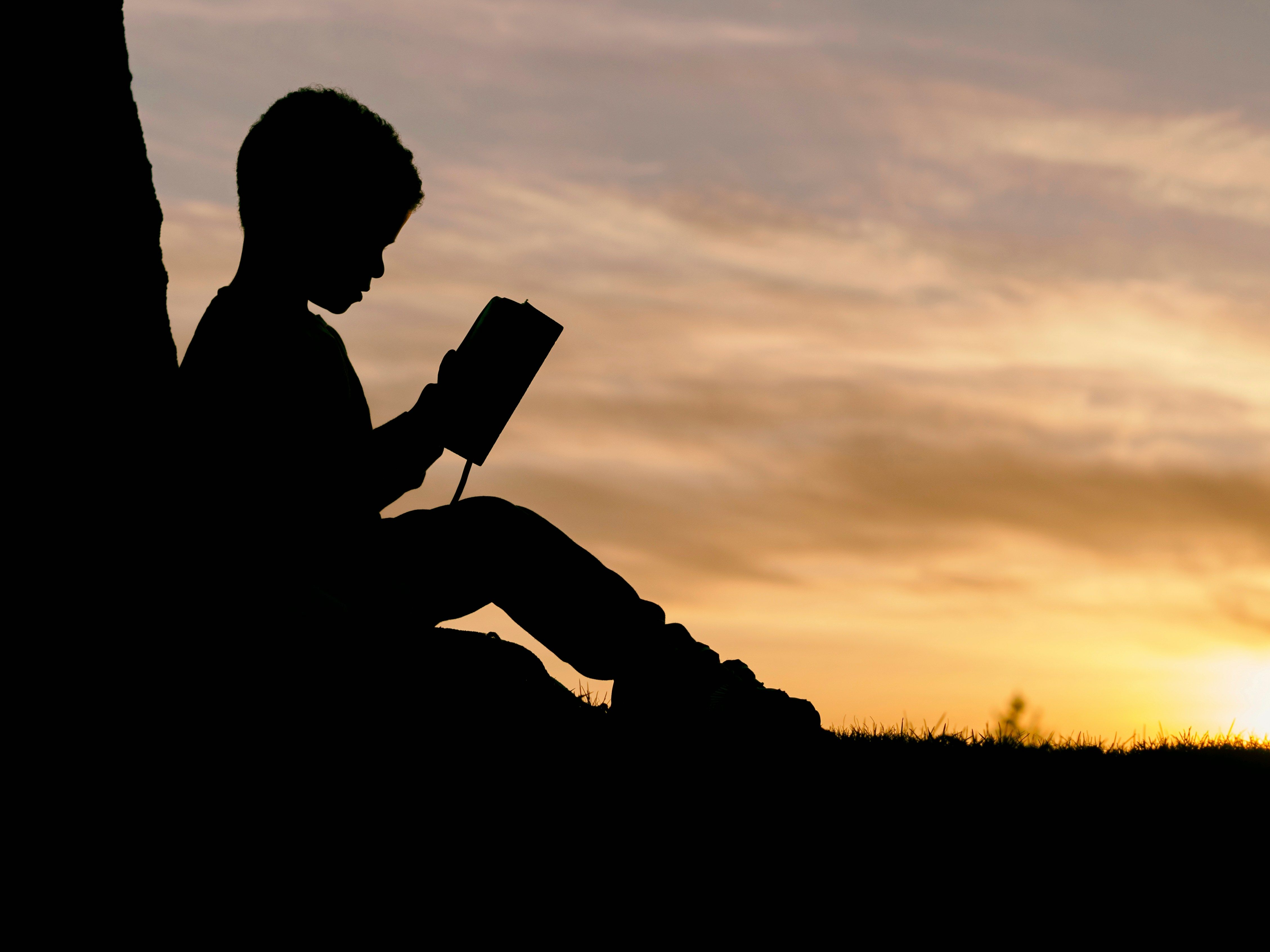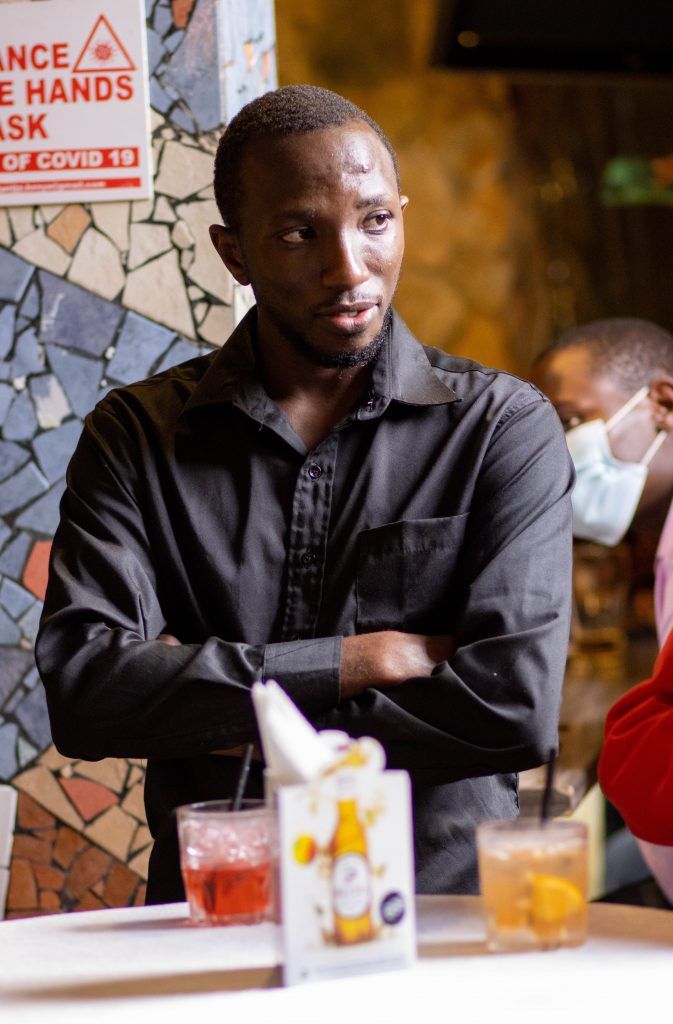As 2024 draws close to its end, we are approaching the time of the lists that spark so much controversy on Beyonce’s internet. If you are not sharing your Spotify Wrapped list, you may be working on your list of new-year resolutions (or affirmations as we wokely call them these days).
For many dedicated readers, however, the end of the year is a time to reflect on the book choices they have made. Which books did we DNF (did not finish), which genres were over-represented, and which authors were we obsessed with? In merry December, there shall be book lists.
Do you remember that lovely Nigerian reader last year who angered Facebook users for having read 122 books in 2023? For days, the internet was awash with supercilious posts denigrating readers who “focus on quality over substance”. We were told that there was nothing in the usual posts written by these voracious readers to suggest that their omnivorous reading had been of any benefit. We were told that these were superficial readers whose only interest was to splash the interwebs with impressive lists for the sake of clicks, likes and the glow of digital adulation.
A few weeks ago, the lovely Lexa Lubanga visited our studio to have a filmed chat with me which would be the first episode of my show on YouTube, Conversations in Literature. The young woman has been organising readathons in the country since 2020. She is the founder of the Kenyan Readathon, a communal reading event that is currently in its fifth year. During the conversation, I asked her what the value of reading is, and she responded that it enables people to be informed.
Somehow, I was not satisfied with this explanation. After all, never in all my frankly obsessive childhood reading did I read to be informed. Most of my reading was clandestine, operating on stolen time, reading novels under the desk during lessons. In high school, I would continue reading a riveting novel after lights out, sitting on an armchair at the edge of the dorm, close to the corridor where the white glow of a lightbulb enabled a few studious boys to keep at their books while their compatriots snored. During the holidays, I was at the provincial library in Nyeri town reading James Patterson when I should have been revising my worst subject, Chemistry.

For that reason, I reject the notion that the primary goal of reading is to gain information. It is this misconception that leads non-readers online to heap insults on the ravenous consumers of 50 books a year. In fact, lately, I am of the opinion that only reading to be informed is damaging to a reader’s soul. Now that I am ready to be controversial, I will also add that lately, I feel that the truest reading might be the reading of fiction because it ordinarily has no objective other than the enjoyment of a story.
After growing up, many of us abandoned fiction and gravitated to non-fiction, convinced that the only acceptable reason for our noses to be buried between book covers was if there was some gain in terms of new information. If we wanted storytelling, we would visit the neighbourhood movie shop or log in to Netflix. Still, we were aware something was missing, haunted by an aching longing for a lost pleasure. We remembered the sensation of our first time reading Harry Potter and the Half-blood Prince, how we proudly sauntered down the charming streets of Nyeri Town with that thick book under our arm, how we flashed a grin at the girl at the milk shop who remarked on the size of the book. We remembered the sunny afternoons spent in pure delight savouring the adventures of Ben and Ochola in Going Down River Road.
Lately, I am of the opinion that the best reading has no goal beyond itself. Isn’t that the definition of pleasure, when one forgets the objective and lives in the moment? If the objective of gaining information is constantly niggling at the back of your head, the act of reading loses its pleasure and becomes merely utilitarian. As I told Lexa in the conversation, the discourse around reading has become extremely Puritan, and this noble hobby has been turned into the cognitive version of eating your vitamins. When I was growing up, and I think this is true even for you, reading was not the vitamin, it was the cake!
As a writer of fiction, I lost the plot many years ago when I turned reading into a thing I needed to do for purposes of craft. Transforming from a reader into a writer, the novels and short stories I read became resources rather than the playing fields they had always been. While I became an adept noticer of writing habits like style, I lost the pleasure of reading. Since there can be no vacuum in nature, the space that formerly belonged to reading was taken up by social media and the internet.
Fortunately, droughts end, and I think mine might be over. For the last two years, I have not written any complete work of fiction, not even a short story. There is shame in this admission. My second interview on Conversations in Literature was with Silas Nyanchwani, author of Sexorcised. When I shared my plight with him, Silas advised me that the best way to reignite my fiction muse (because my non-fiction muse had taken over) is to read a lot of fiction.
Desperate, I hearkened to the man’s wisdom and began to read my friend Peter Ngila’s debut novel The Legend of Beach House which won the James Curry Prize for African Literature last year. While getting into the groove of it was not easy, I found ease at some point and enjoyed the book. Now I am reading Yukio Mishima’s The Sound of Waves which was a struggle because I did not find my groove until I was 40 pages in.
As I read, faint memories of the pleasurable sensations of previous beloved reads are rising from the rubble somewhere in my subconscious, and I am beginning to realise that being a reader is as much a beautiful thing as being a writer. After all, I was addicted to reading long before I began to write, and I would not have become a writer if I had not been a reader first!
The excitement to read more fiction is beginning to build up, to read not because I want to be informed or because I want to be a better writer. NO! The reading itself is a pleasure, and that pleasure is the objective.
Also Read: Of Made up Deaths and Real Feelings, Is Reading Fiction Good for You?





